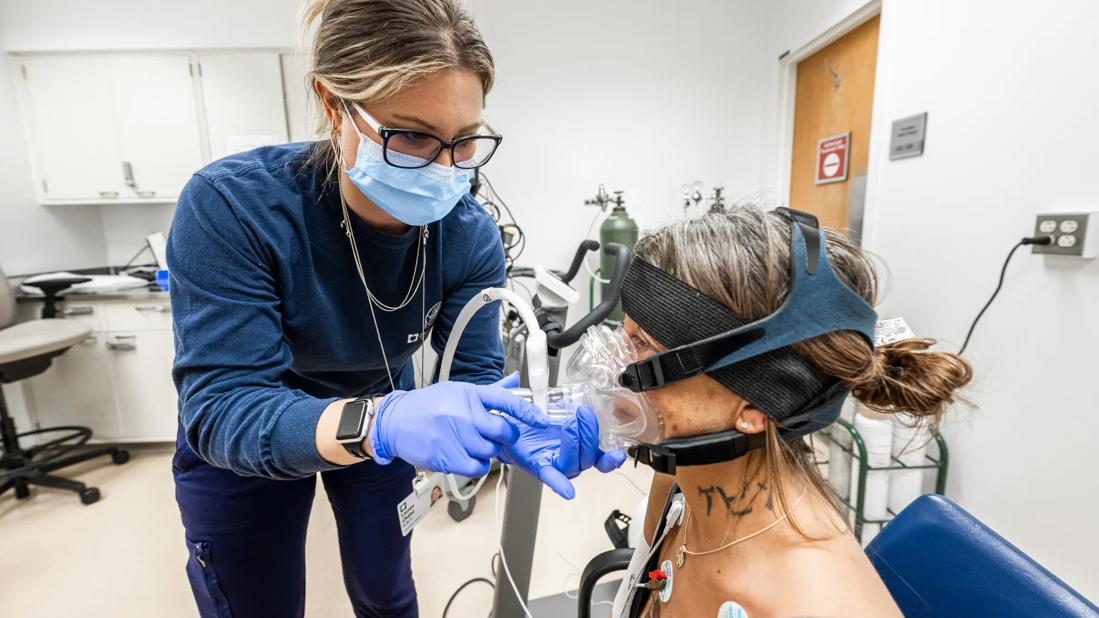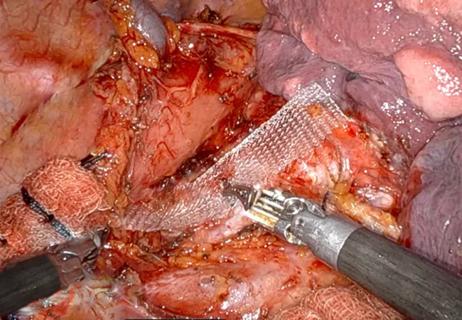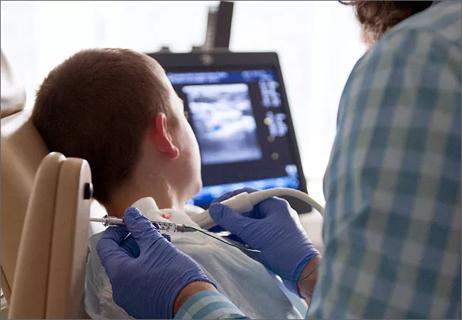Despite a decline in numbers, the demand for respiratory therapists continues to rise

Written by Umur Hatipoğlu, MD, MBA, and Karla Balasko, RRT, MBA
Advertisement
Cleveland Clinic is a non-profit academic medical center. Advertising on our site helps support our mission. We do not endorse non-Cleveland Clinic products or services. Policy
Over 440 respiratory care training programs are responsible for educating respiratory therapist candidates across the United States. The schools are accredited through a meticulous process overseen by the Commission on Accreditation for Respiratory Care (CoARC). Respiratory therapists are registered and credentialed by the National Board of Respiratory Care.
During recent years, however, a significant trend of decline has been noted in the number of students enrolled in respiratory therapy training programs. In 2019, only 7,819 respiratory care program slots were filled of the available 12,394 slots. Conversely, according to the Bureau of Labor Statistics, the demand for respiratory therapists across the country will continue to rise until 2030, averaging 10,100 per year.
The current staffing shortage in Ohio is approximately 17% of budgeted respiratory therapist FTEs. This number fluctuates widely between hospitals, though, sometimes exceeding 30%. The consequences of the shortage are dire and amplify in a vicious cycle — respiratory patients may not receive optimal care in those hospitals with critical staffing levels, and respiratory therapists are not able to function at the top of their license since they are bogged down with excessive scheduled work such as nebulized bronchodilator treatments.
This results in frustration for all involved: patients, respiratory therapists and attending clinicians. Unfortunately, burnout, retirement and simply leaving the profession have become commonplace in the respiratory therapy profession. As a result, hospitals pay enormous sums to staffing agencies to provide essential respiratory care services.
Advertisement
Enterprise Respiratory Therapy at Cleveland Clinic includes 18 hospitals within the Cleveland Clinic Health System in Ohio and Florida. While particularly exacerbated during the pandemic, staffing shortage has been on the agenda for several years prior to the pandemic. During an internal recruitment event, Cleveland Clinic caregivers suggested that respiratory therapy programs are available but not accessible to those who are currently employed at Cleveland Clinic.
The idea to inaugurate a respiratory therapy program at Cleveland Clinic main campus originated that day from caregiver suggestions. Respiratory therapy programs can only exist under the auspices of accredited educational institutions. Hence, enterprise management began inquiry with local respiratory therapy schools for their interest in collaborating with Cleveland Clinic to start a satellite program in downtown Cleveland. Hesitation on the part of respiratory care programs was not unexpected given the current under-utilization of existing student capacity.
After several productive meetings with Kent State University (KSU), a memorandum of understanding was produced between the institutions to start a respiratory therapy training program at Cleveland Clinic main campus. The program’s curriculum would be jointly prepared by Cleveland Clinic and KSU. The satellite program would have a designated medical director and campus director, and Cleveland Clinic’s state-of-the-art simulation center would provide hands-on education for the respiratory therapist candidates. All clinical rotations would take place at the Cleveland Clinic facilities. The program would accommodate nine students.
Advertisement
The program was approved by the CoARC, and after extensive planning and recruitment effort, the Cleveland Clinic–KSU respiratory therapy program welcomed its first nine students, an all-female class, on January 17, 2023. The students are all currently employed in other Cleveland Clinic positions. Each had a unique story, personal or concerning a loved one, that inspired them to become a respiratory therapist, but they all shared the internal desire to help the sick.
Cleveland Clinic Enterprise Respiratory Therapy is proud to collaborate with KSU to host such a unique program that has provided access and training to individuals who may not have otherwise considered respiratory therapy.
Advertisement
Advertisement

Target levels of oxygen saturation might only be achieved around one-third of the day, according to available literature

New developments offer providers more sophisticated options

Lessons learned from cohorting patients and standardizing care

Excessive dynamic airway collapse presenting as dyspnea and exercise intolerance in a 67-year-old

Quality improvement project addresses unplanned extubation

Multidisciplinary team coordinates, adds efficiencies to care

Recent breakthroughs have brought attention to a previously overlooked condition

A review of treatment options for patients who may not qualify for surgery